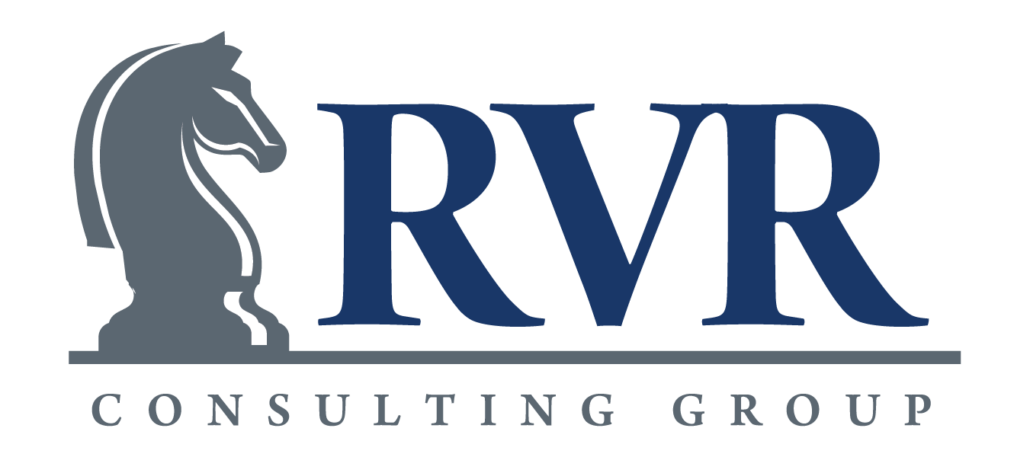When Your Loan is Assigned to Special Assets
What to do and expect when your loan is assigned to the Special Assets group.
“My loan has been assigned to the Special Assets group.”
With past recessions as a guide, it’s highly likely more businesses will be hearing this from their banks – including those with whom they have enjoyed long, productive relationships. Even if you saw the writing on the wall, it is still hard to hear this, as it implies potential challenges with your banking relationship moving forward. However, it does not necessarily signal the beginning of the end.
Assignment to Special Assets means that some aspect of your relationship with the bank is pushing them to classify your business as a potentially higher risk. Most often, it is the violation of loan covenants or other terms. That being said, in post-COVID-19 economic conditions there are additional factors – many beyond your control – that may prompt your lending institution to move your loan to Special Assets. For instance, regulatory requirements, perceived reductions in the value of collateral, or internally driven decisions about the need to examine companies in specific industries more closely, could all play a role. Regardless of the reason that your relationship is moved to Special Assets, the important questions to ask are “What should I expect?” and “What should I do now?”
What should I expect?
At the outset of assignment to Special Assets, one of the biggest questions that a bank must answer is whether your company has the capacity and willingness to pay. If there are questions about either one of these measures, expect the bank to begin putting measures in place to manage their risk, including:
- Assigning you a new relationship manager from the Special Assets group. Ongoing communication with your prior relationship manager, who undoubtably knew your business best, is likely to be curtailed or cease all together.
- Increasing reporting requirements, including increases to the frequency and level of detail required in financial reporting. Expect more detailed questions on the company’s current and forecasted performance as well as the company’s cash position.
- Updates to previously completed appraisals or other evaluations of collateral.
- Increased borrowing costs due to higher interest rates and the potential incursion of additional fees, designed to both protect the bank and potentially incent you to seek financing elsewhere.
What should I do now?
Notification that your loan is being moved to Special Assets does not mean that your business is failing, but it does mean that it is time to take action to protect yourself and your business. It will take a rigorous, concerted effort get your loan out of Special Assets. To that end, the following is recommended:
- Seek Outside Counsel/Advice as Required: Working with Special Assets is much more time-consuming than managing your previous bank relationship. Hire competent advisors as required. That may mean bringing in accounting/financial reporting support, a full-service consulting firm, consulting firm with turnaround expertise, or legal/bankruptcy counsel. Most banks will expect and respect this.
- Communicate: Be available and transparent with bank officials. Providing accurate, truthful information will help avoid surprises. When in doubt, under-promise and over deliver.
- Build Cash: A healthy, consistent 13-week cash flow projection is often the most critical indicator banks use to monitor your strength. Cash is the life blood of your business as it goes through a crisis period, and the lack of proper cash management will lead to business failure more quickly than poor revenue.
- Have a plan: In addition to your 13-week cash flow forecast, a realistic business plan that demonstrates a clear path to stabilize and improve your financials and outlook will not only get you back on track, but build confidence with the bank.
- Seek alternative financing: An understanding of all your options will give you piece of mind and a greater sense of control for your future.
For some businesses, the current economic climate may simply be accelerating the inevitable, but, if the circumstances that led your bank to assign you to Special Assets are temporary, it is not only possible but probable that with the right approach and support, your business can recover. In fact, for many businesses, times of crisis create an opportunity to examine the company in a whole new light, steering the business in a new, healthier direction.
By The RVR Team
RVR has helped numerous clients in the past when they were assigned to Special Assets. Please contact us if you are interested in discussing further.



